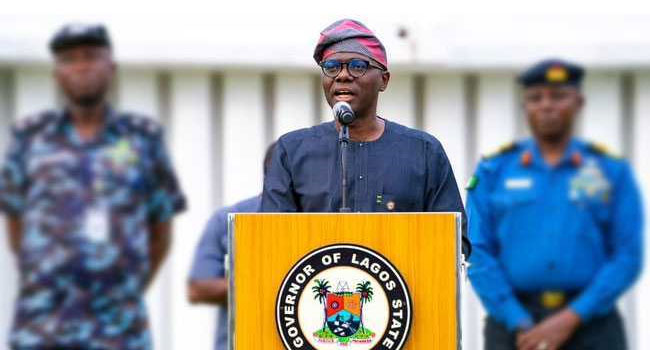The Socio-Economic Rights and Accountability Project (SERAP) has asked Nigerians to blame successive governments from 1999 and the National Assembly for the postponement of the 2019 general elections.
The polls were to open on Saturday with the presidential and parliamentary elections until the Independent National Electoral Commission (INEC) announced a shift at about 2:45 a.m. According to the chairman of the electoral body, Mahmood Yakubu, the presidential election will now hold on Saturday, February 23 while the state elections will also hold a week later on March 9.
But SERAP said it would not allow the matter of the postponement go even after the elections.
“Giving the increasing tendency to postpone elections and the cumulative failures and corruption over the years, SERAP would, after the elections, pursue appropriate legal action against the government in power and the National Assembly leadership for the catalogue of breaches of constitutional and international obligations, and seek effective remedies for the citizens,” the civil society organisation said.
It spoke through a statement on Sunday by its deputy director, Kolawole Oluwadare.
“The postponement of Nigeria’s elections since 2007 shows a systemic failure of leadership at the highest level of government, and suggests that our electoral process is deliberately skewed in favour of politicians’ interests, who continue to profit from the corru “Calling for the resignation of the Independent National Electoral Commission (INEC) Chairman, Professor Mahmood Yakubu, rather than addressing the root causes of persistent postponement of elections is a blatant attempt by politicians to scapegoat the electoral commission.
“While the INEC leadership ought to proactively push for reform of the electoral system, successive governments and leadership of the National Assembly that have the legal responsibility but have remained largely impervious to revolutionary change of the electoral system should be held to account for this fundamental breach of public trust.
“Rather than prioritising genuine and comprehensive reforms of the electoral system that would upgrade and modernize our voting processes, successive governments and leadership of the National Assembly would seem to prefer the status quo, presumably to undermine citizens’ right to participation and to continue to profit from the corruption and impunity that the current system and processes breed.



